The Electoral Commission (EC) has entreated political parties and other stakeholders in the electoral system to trust the elections management body to deliver a credible electoral roll for the 2024 general election.
It assured particularly the main opposition party, the National Democratic Congress (NDC), that it would effect the necessary corrections to remove discrepancies that had been identified in the provisional voters register.
Addressing a news conference in Accra yesterday, the Deputy Chairman of the EC in charge of Operations, Samuel Tettey, said the current leadership addressed similar concerns ahead of the 2020 elections, and that it was relying on the same process to correct any discrepancies in the current register.
“The commission would like to assure the general public and all stakeholders that all identified discrepancies about the provisional voters register are being corrected.”
“To date, the register is almost near-perfect, as most of the discrepancies have fully been resolved,” Mr Tettey told the news conference.
Flanked by the Chairperson of the EC, Jean Mensa, and the Deputy Chairperson in charge of Corporate Services, Dr Eric Bossman Asare, Mr Tettey said a meeting of the EC with the NDC on Friday, September 6, 2024 provided an opportunity for the NDC to present its concerns regarding the provisional voters register.
Background
The news conference comes in the wake of the notice served by the NDC that it would embark on nationwide demonstrations to cause the EC to yield to the request for an independent forensic audit of the voters register.
The opposition party has recently complained about the quality of the voters register, and left a meeting with the EC last Friday, dissatisfied with the EC’s response to their request.
Discussion table
But Mr Tettey said the commission was of the view that the best place to resolve the issues they had identified was the discussion table.
“We urge them to submit details of the discrepancies they have identified to enable the commission to investigate the issues and demonstrate to them that their concerns have been resolved.
As indicated earlier, the EC assured the NDC during the meeting that it would conduct a thorough investigation and report on the issues they had detected within a week. Why are they refusing to submit the data to enable the EC to investigate and provide a report?” he asked.
The EC, he said, believed that the best way to ascertain the credibility and integrity of the 2024 voters register was the discussion table, not on the streets. Taking to the streets, Mr Tettey said, would not ensure a credible register, and that it would only cause unnecessary tensions and suspicions.
“We call on the former President, John Mahama, an eminent and respected statesman of the republic, to encourage and bring his party to the table as that is the best place to address issues and ascertain the truth regarding the voters register.
“We are confident that the former President will heed to our calls and do everything in his power to bring his party to the discussion table. For our part, we assure the NDC of a transparent process that would demonstrate to them that all their concerns have been resolved,” he said.
Presentation
In their presentation, he said, the NDC indicated that it had identified five issues with the register.
Mr Tettey said the NDC further stressed that the concerns they had identified would warrant the EC to accept a forensic audit of the voters register to assuage the fears of stakeholders.
In addition, he said, the NDC requested for re-exhibition of the voters register.
“The commission informed the NDC that the discrepancies they had detected were not new. The commission noted that it had detected the same issues and had taken steps to correct them.
The commission reiterated that the essence of the exhibition exercise was to address all the concerns with the provisional voters register, and assured the NDC that the issues identified were being resolved.
“The commission assured the NDC that the issues they had listed were typical issues that the law had provided remedies for, as stated in the Constitutional Instrument on the Registration of Voters (C.I. 91 as amended by C.I. 126),” Mr Tettey said.
“I am pleased to note that as we speak they have largely been resolved,” he added.
Resolved
The EC Deputy Chairman said while the commission did not reject the proposal for a forensic audit of the register, there was a question about what purpose a forensic audit would serve.
He said the NDC’s detection of discrepancies with the provisional voters register was not new as the commission had maintained that it was the essence of the exhibition exercise.
“It is to correct discrepancies. This is what is being done, as has been the case in the past. It is not new.
“The commission is of the view that the forensic audit is not what is needed at this time. It is premature,” he said.
He said the commission regarded the voters exhibition exercise in itself as an audit, and that the exhibition offered an avenue for the auditing of the register.
Mr Tettey said the law had made provision for self-auditing of the voters register through the voters exhibition exercise.
“What then is the purpose of the proposed forensic audit? The commission is of the view that such an audit will add no value whatsoever to the well-defined tried and tested process documented for the cleaning and strengthening of the provisional voters register. The question is, should the forensic audit be conducted, who will fix the discrepancies in the register?” he said.
He said the EC was of the view that the call for a forensic audit was misguided, and that it believed that as had been the case in the past, the exhibition exercise would contribute to the strengthening of the voters register.
Ghosts
On the alleged ghost names in the register, the EC Deputy Chairman said the commission was aware that there might be dead persons on the register because several persons died each year, and that one of the key purposes of the exhibition exercise was to allow relatives of the dead to initiate the process of expunging their names from the register.
“The NDC indicated at the meeting that it had identified some 50,000 persons who were dead on the register. The commission once again requested the details of the 50,000 dead persons and assured the NDC that it would work with the district assembly and Birth and Death Registry to expunge the names from the register.
As with the data on the discrepancies identified by the NDC, we are yet to receive the list of the dead,” he emphasised. The commission, Mr Tettey said, strongly believed that the surest way to attain a credible and robust register was not through demonstrations.
He said there was simply nothing to embark on a demonstration about, and that “this is because the commission has repeatedly requested the data on discrepancies from the NDC to no avail. We are of the view that the stance taken by the NDC will not produce a credible register”.
 blogpay
blogpay

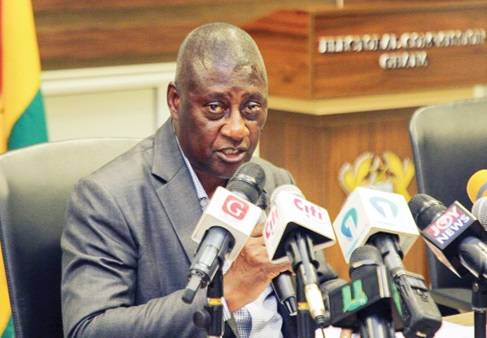

















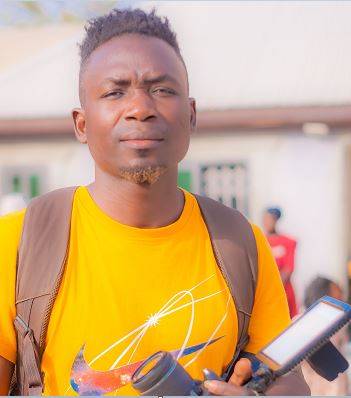
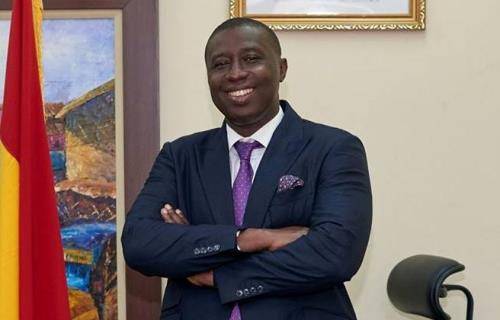
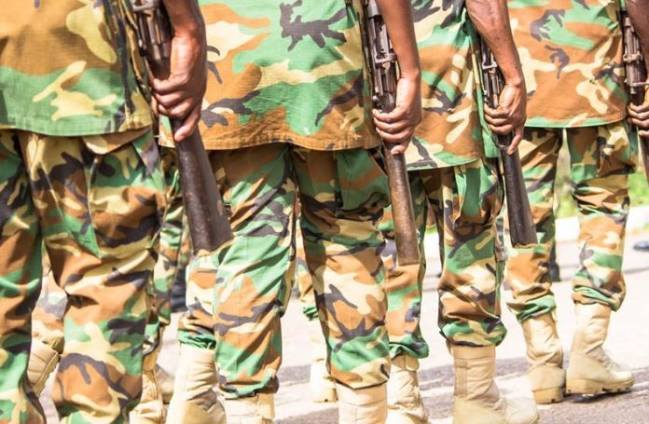
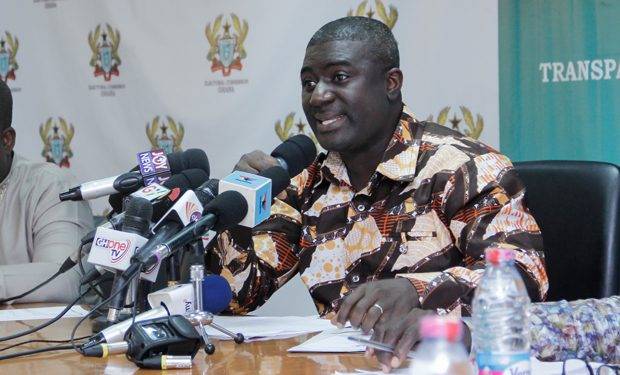

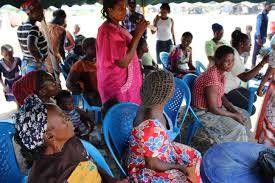







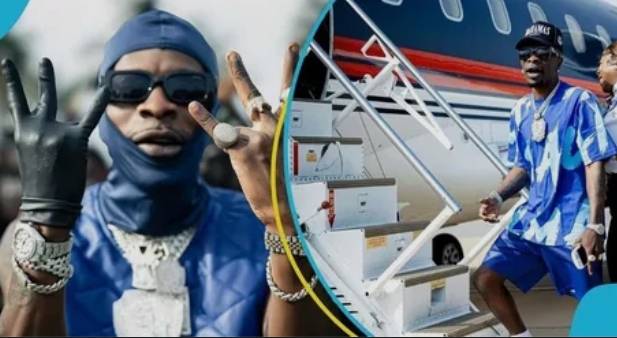
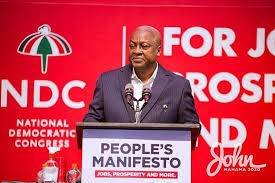



Total Comments: 0